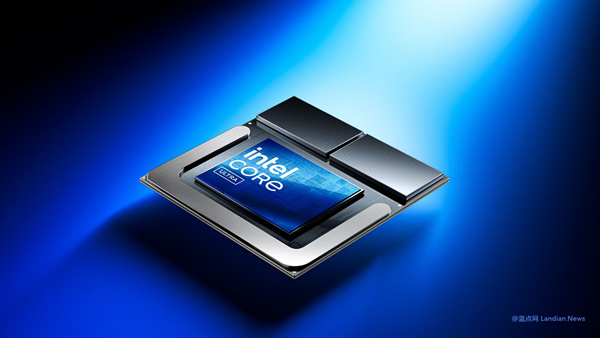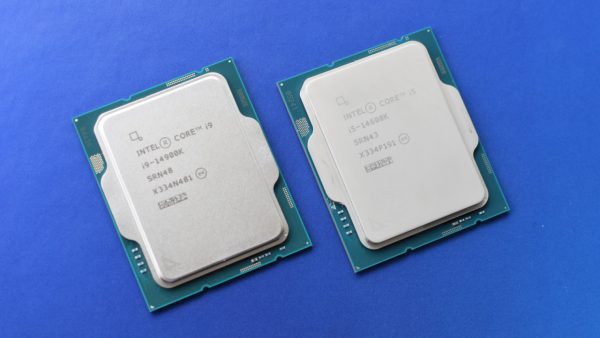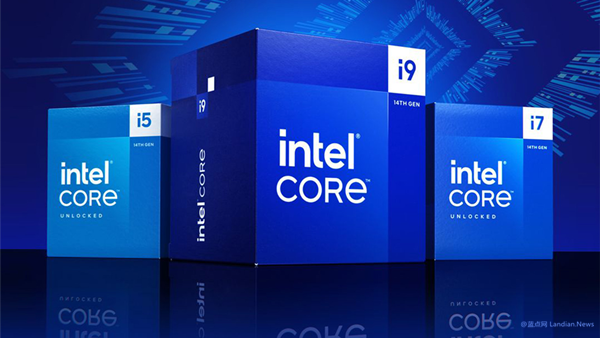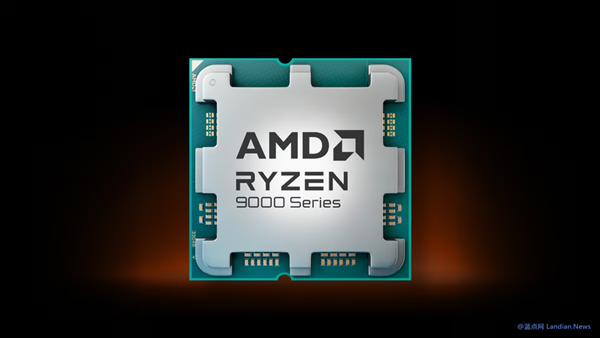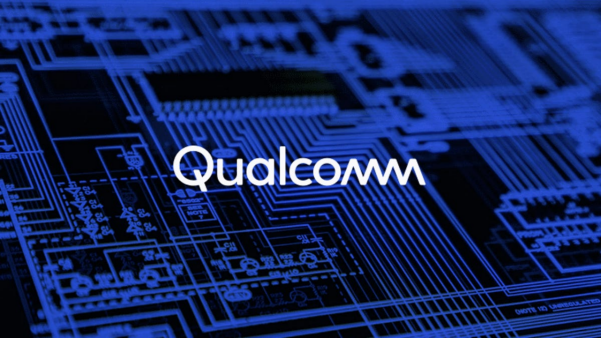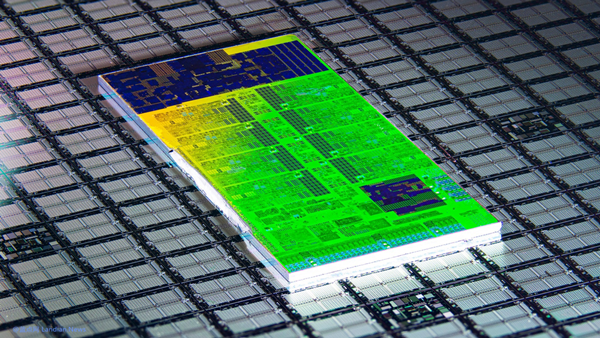Intel Addresses Through-Silicon Via Oxidation Concerns: Issue Resolved, Some Inventory May Still Be Affected
In recent times, concerns over through-silicon via (TSV) oxidation issues in Intel processors have garnered attention from some users, initially brought to light by the YouTube channel Gamers Nexus. However, Intel had not directly addressed this issue until now.
Through-silicon vias are a manufacturing technique in chip production. Defects in the atomic layer deposition (ALD) process can lead to oxidation of the copper material in these vias, resulting in high impedance and CPU errors.
Gamers Nexus speculated that a manufacturing issue with these CPUs might be causing the crashes and instability seen in the 13th/14th generation desktop processors, a hardware flaw that cannot be directly corrected.
Nevertheless, Intel has acknowledged the issue in a statement but clarified that this issue and the crashes of the 13th/14th generation desktop processors are separate matters. Moreover, the through-silicon via oxidation problem has been resolved and does not constitute a significant issue.
Intel's Statement:
The through-silicon via oxidation issue was initially identified at the end of 2022. With improvements in manufacturing processes and additional monitoring, Intel confirmed that by early 2024, processors affected by this issue had been completely removed from the supply chain.
Some inventory might persist into the early part of 2024. All silicon products inevitably experience minor manufacturing issues. Intel is committed to working with customers to troubleshoot and repair product faults and will communicate openly about product issues when customer risk exceeds Intel's quality control thresholds.
This statement conveys three points:
- Intel acknowledges the existence of the through-silicon via oxidation issue, which has been resolved;
- Some inventory products may still be affected, but products produced after early 2024 should be unaffected;
- Intel believes the issue is not significant, as it has not reached the threshold that necessitates a public statement. If the issue were severe, Intel would have issued a statement sooner.
Therefore, Intel had not previously made a statement on this matter, merely mentioning that the crashes and instability of the 13th/14th generation Core desktop processors were not caused by the through-silicon via oxidation issue. Nonetheless, many users and tech media have linked the two, prompting Intel to release an additional statement today as it announces a two-year warranty extension for all 13th/14th generation Core desktop processors, addressing rumors about through-silicon via oxidation.

